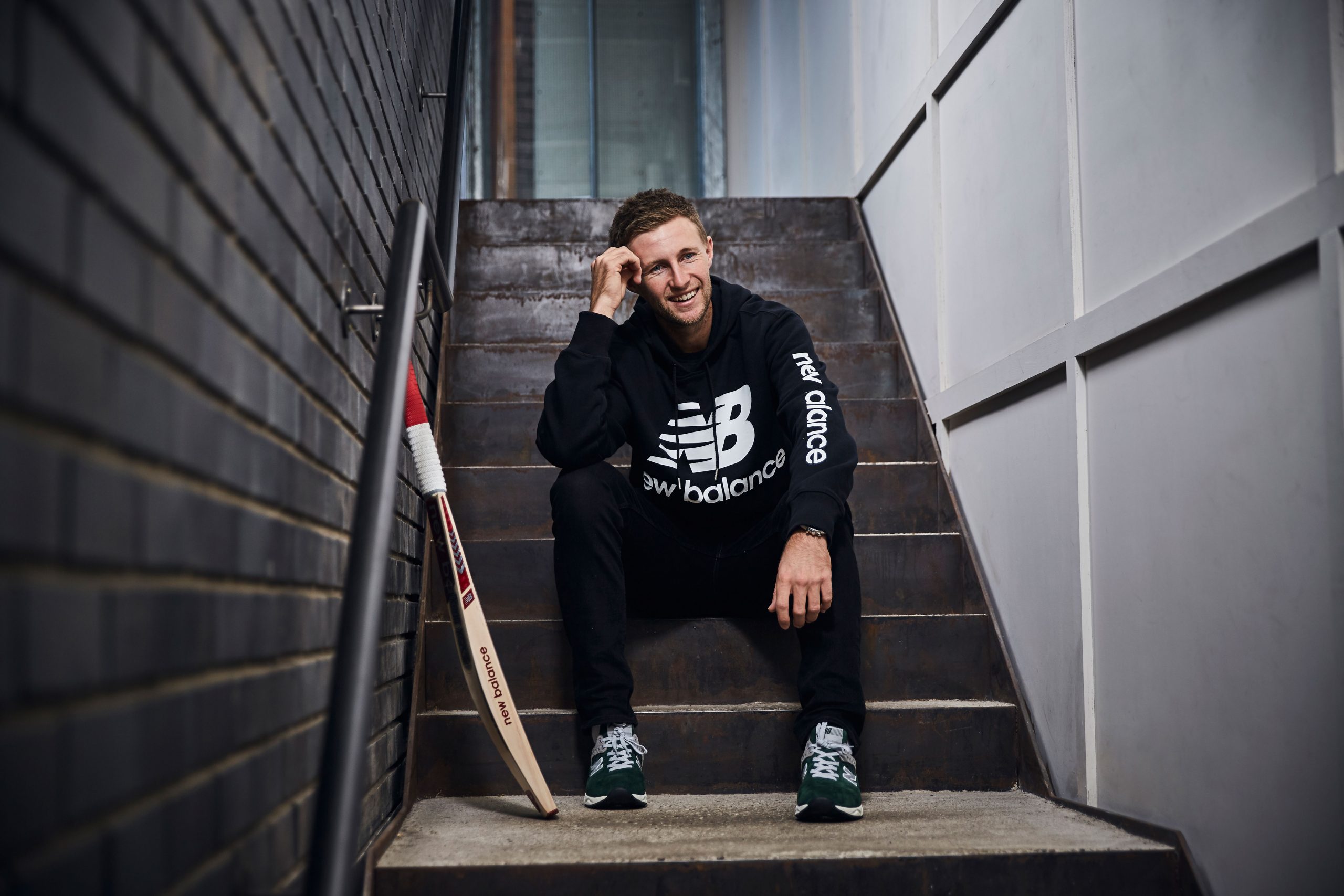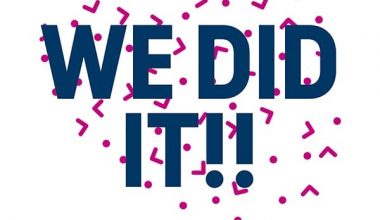Sarah Danson, Consultant Oncologist at Weston Park Hospital and Professor of Medical Oncology at the University of Sheffield, tells unLTD about the internationally renowned research at Weston Park Cancer Centre and the potentially lifesaving impact a clinical trial can have for patients facing a cancer diagnosis
What exactly is a clinical trial?
It is medical research involving people whether that’s patients, carers or healthy volunteers.
We have interventional clinical trials in which we try new treatments in a monitored and safe way. The main phases are:

- Phase 1 – drugs are first being tested, the dose increased carefully, and the main aim is learning
- about possible side-effects
- Phase 2 – studying more about side-effects and start to get an idea about how good the treatment is
- Phase 3 – comparing the new treatment against the standard treatment
All phases are important, and we often ask for samples or extra scans so we can learn as much about the new treatment as possible.
Who can participate?
Each trial is different and has different ‘eligibility criteria’ which must be met.
Tell us about the Clinical Trials Centre at Weston Park Hospital:
The CCTC is a purpose-built facility, generously funded by Weston Park Cancer Charity, that gets patients and staff involved in high quality cancer research, with areas for us to assess patients, staff office space, a laboratory, and specialist activities like bone densitometry.
What does a clinical trial mean for people? What are the benefits?
People go on clinical trials for a variety of reasons – they might benefit by gaining an extra treatment option or earlier access to a treatment, or they could gather information to care for others.
Do patients on clinical trials do better than those not in clinical trials?
Evidence shows a strong association between survival and participation in interventional clinical studies for cancer patients in research active hospitals. This improvement predates and increases with the level and years of sustained participation.
What would you say to encourage someone to consider participating in a clinical trial?
People need to know exactly what the trial would involve, including treatment, investigations and visits, why this would be a good option for them, and the alternative standard treatment. Some people know they want to take part, others need to think about it and discuss it with family and friends. We always put them in touch with a research nurse for any follow-up questions, too.
What impact do the clinical trials in Sheffield have on the wider research network?
Most of our trials are run nationally, and a significant number internationally, so we are contributing to the assessment of new treatments in the UK and worldwide.
Trials have been led from Sheffield, some using Sheffield science. I am currently leading the national DANTE clinical trial looking at the best length of time for immunotherapy treatments in advanced melanoma, the most aggressive skin cancer.
We are also part of the National Institute for Health Research and an Experimental Cancer Medicine Centre which means we are part of a national network of 18 centres, allowing better access for patients to phase 1 and 2 clinical trials, as well as contributing to research nationally.
How has Weston Park Cancer Charity supported your work?
The CCTC and the specialist treatment suite were built using charitable funds from Weston Park Cancer Charity. They help to fund more research nurses, data managers, laboratory support and pharmacy hours to support our work. I have also received grants to conduct research into skin and eye melanomas, to buy a new laboratory machine, and test a new class of cancer drugs.
What are your hopes for the future?
Short term – I would like a clinical trial available for every cancer patient so we learn more about cancer and its treatments in the shortest possible time.
In the long term – every cancer researcher hopes to cure cancer and I see no reason to wish for anything less!








